The Making of a Modern-day Druid
Writer Michèle Campbell talks with author, fiddler, and raconteur "Wild Bill" Watkins about his storied personal history, his complicated heritage, and the perennial allure of Celtic culture.
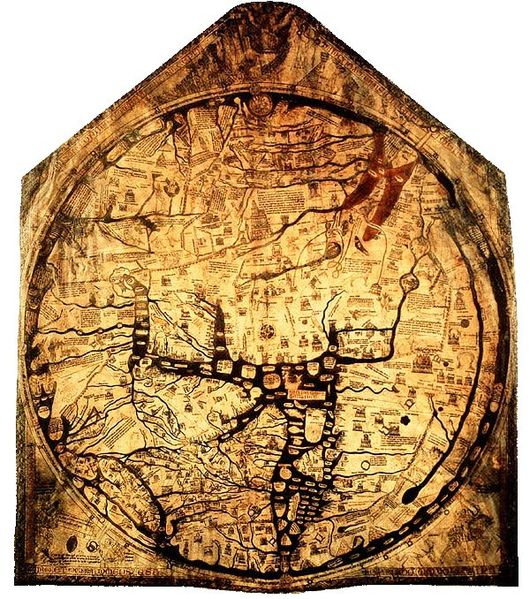
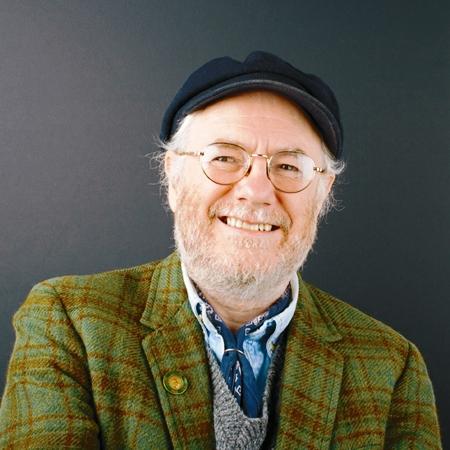
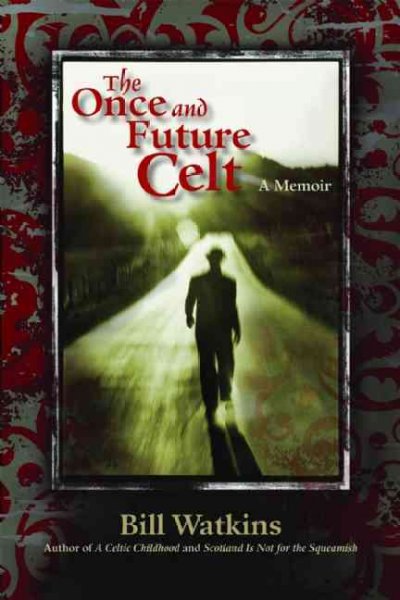
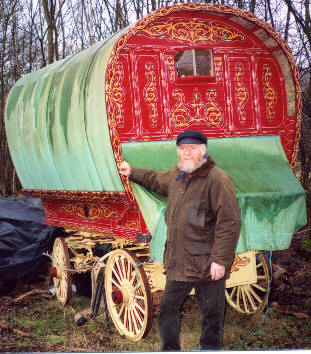
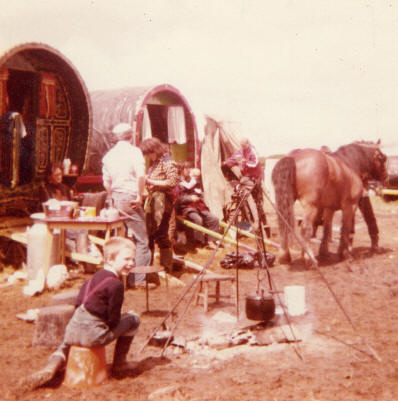
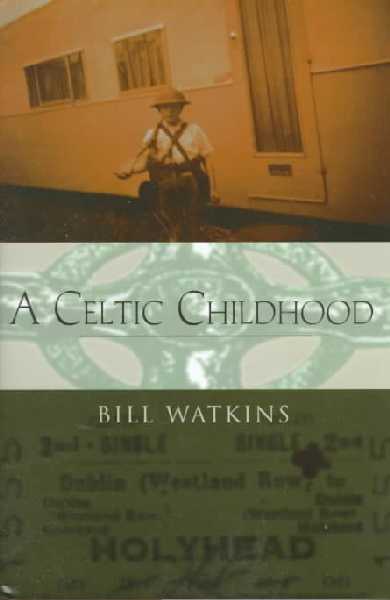
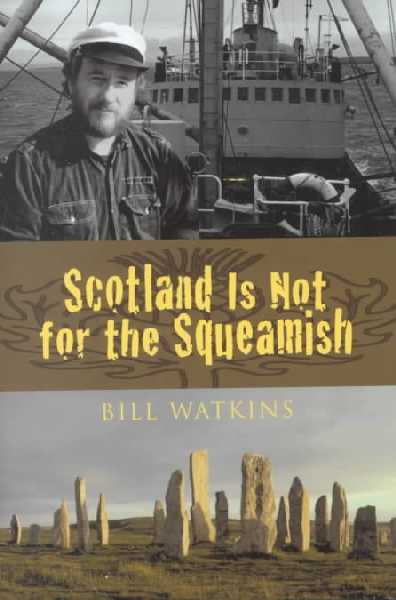
ON THE DAY OF HIS 21ST BIRTHDAY, AT THE BEGINNING OF A JOURNEY 280 miles to his home in Birmingham, England, Bill Watkins caught his foot on an iron spike, rendering his ankle unusable. Following the call of the hiraeth — the primeval longing for home and kin — landed our wayfaring hero facedown and unconscious. As he lay there, two Gypsies stumbled upon him and helped him back to their camp to care for his injury.
His Romany rescuers took him to their shuvanti, a healer and wise woman whose natural remedies included using a spider web to help seal the wound on his foot. After demonstrating a cursory knowledge of their language, Bill was offered a place to stay as he healed. Not long afterwards, he fell in love with Riena, the wise woman’s apprentice; as a respected outsider, Bill’s fiddle playing skills and his interest in Gypsy culture landed him a place in their caravan community. Living with the Romany in England for a time — seeing their struggles in the face of prejudice and misunderstanding and sharing their nomadic way of life — Bill came to appreciate the similarities between Gypsy culture and the traditions of his own Celtic ancestors: both are deeply rooted in music, story, and an intimate understanding of living close to the earth.
And that is what Bill’s story is about — he’s a man whose journey to discover his life’s mission brought him to the wilds of the British Isles and into close contact with the stories and legends that still drive our understanding of Celtic culture.
The Once and Future Celt documents the last leg of Bill Watkins’ winding path; this final volume of his memoir trilogy, preceded by A Celtic Childhood and Scotland Is Not for the Squeamish, traces Bill’s self-definition as a Celt and, more specifically, as a modern druid and a bearer of the old traditions. Bill was raised in England by an Irish mother and a Welsh father who were both fluent in their native Gaelic languages and passionate about their ancestral traditions. Each bestowed Bill with divergent but strongly felt religious beliefs — Irish Catholicism from his mother and, from his father, an abiding faith in the old druidic beliefs held by the Celts before their conquest by the Romans. Bill’s unusual mix of childhood influences mirror those of the British Isles themselves. And that innate, personal understanding of the region’s history pushed him on his travels, spurring him to explore the islands with an eye toward the lingering effects of Roman Christianity on the native culture. He remembers that his mother used to laugh at his “modern-day druid” father because he’d talk to the rocks and trees and streams; while living on the land with the Romany, Bill, too, found that the natural landscape had more to offer him than the sooty streets of Birmingham.
When he finally left the Gypsy caravan and arrived home, his mother dressed him down for not writing, then dressed him up in a suit of slate-gray polyester, and sent him out to find a job. He struggled to find work in a then recession-ravaged England. When he finally landed a job loading dishes at a university cafeteria, he told his mother only the “university” part — and then, promptly lost the job after he ran the fine china through the dishwasher, destroying more a year’s salary in plates and saucers in twenty minutes. Bill’s father encouraged his heritage-seeking wanderlust, taking him to his ancestral homeland and revealing to Bill a part of their family tradition that the author says he’ll hold close for the rest of his life.
______________________________________________________
Arf glew yu ei gallon. A brave man’s weapon is his heart. –Old Welsh saying.
______________________________________________________
According to Bill, a modern druid is “a keeper of the old ways and arcane knowledge and a seeker of old truth.” He says, “When I was 16, my father took me aside and said, ‘If you and your generation don’t do something about Celtic culture in your lifetime, it will be gone.’ It was on the edge of the abyss right then. There were no books being published, Celtic music was dying out, you wouldn’t see any Celtic knot work anywhere. Nobody took any notice. It hit me like a thunderbolt that my father was right.” His trip to Wales with his father was the last significant time they spent together.
The theme of stewardship resonates strongly throughout The Once and Future Celt, as does Bill’s deep concern for people living on the margins of the dominant culture — those whose language and traditions are threatened with eradication. He witnessed this cultural erosion himself: his parents, by necessity, abandoned their native tongues in order to make a life for themselves in England; he saw the incredible prejudice faced by the Romany, the mistrust with which locals greeted them and their idiosyncratic caravan lifestyle when they camped nearby.
Deciding to leave his parents’ home for good, Bill set out on the final leg of his journey. He stopped at old Iron Age historical sites and churches; he became a student of how Christianity moved its way through ancient Celtic lands and, in the process, irrrevocably destroyed the way of life in its path.
He says of this time, “As a Celt and as a non-practicing person who was brought up a Roman Catholic, I decided that the church had a lot to answer for.” Bill’s account of his pilgrimage to Glastonbury Tor is filled with historical snippets from several different Christian sites, weaving together the history of the Celts, the ancient Romans, and the oral traditions that the author works to preserve. At the final resting place of the legendary King Arthur, “the once and future king,” Bill resolved to take responsibility for his part in reviving Celtic culture and to own his role as a modern-day druid like his father. He has since dedicated himself to writing poetry, collecting old stories and retelling them, and learning and performing old songs — promoting anything that will bring his ancestral culture back from the abyss.
These days, you’ll often find Bill Watkins at Merlin’s Rest — a Minneapolis pub on East Lake Street that doubles as an Upper Midwestern haven for the best of modern Celtic culture. Bill is Merlin’s Rest’s resident cultural ambassador and rabble-rouser, a raconteur dedicated to every aspect of pub life, from running a quiz night to offering a weekly tutorial on how to properly wear a kilt. No one at the tavern is a stranger when Bill is on duty. His enchanting traditional songs and his bigger-than-life presence have catalyzed a Celtic revival here. Should you ever need the wisdom of a freelance druid or advice on how to dig up information on your own Celtic ancestry, go down to the pub for a pint and seek him out. If you have time for a tale, ask Bill about the difference between geese and chicken. Tell him that Michèle sent you.
About the author: Michèle Campbell writes on literature, wellness, and spirituality. She also teaches French for Minneapolis Public Schools.
For further reading: The Once and Future Celt, a memoir by Bill Watkins (Scarletta Press, 2008)